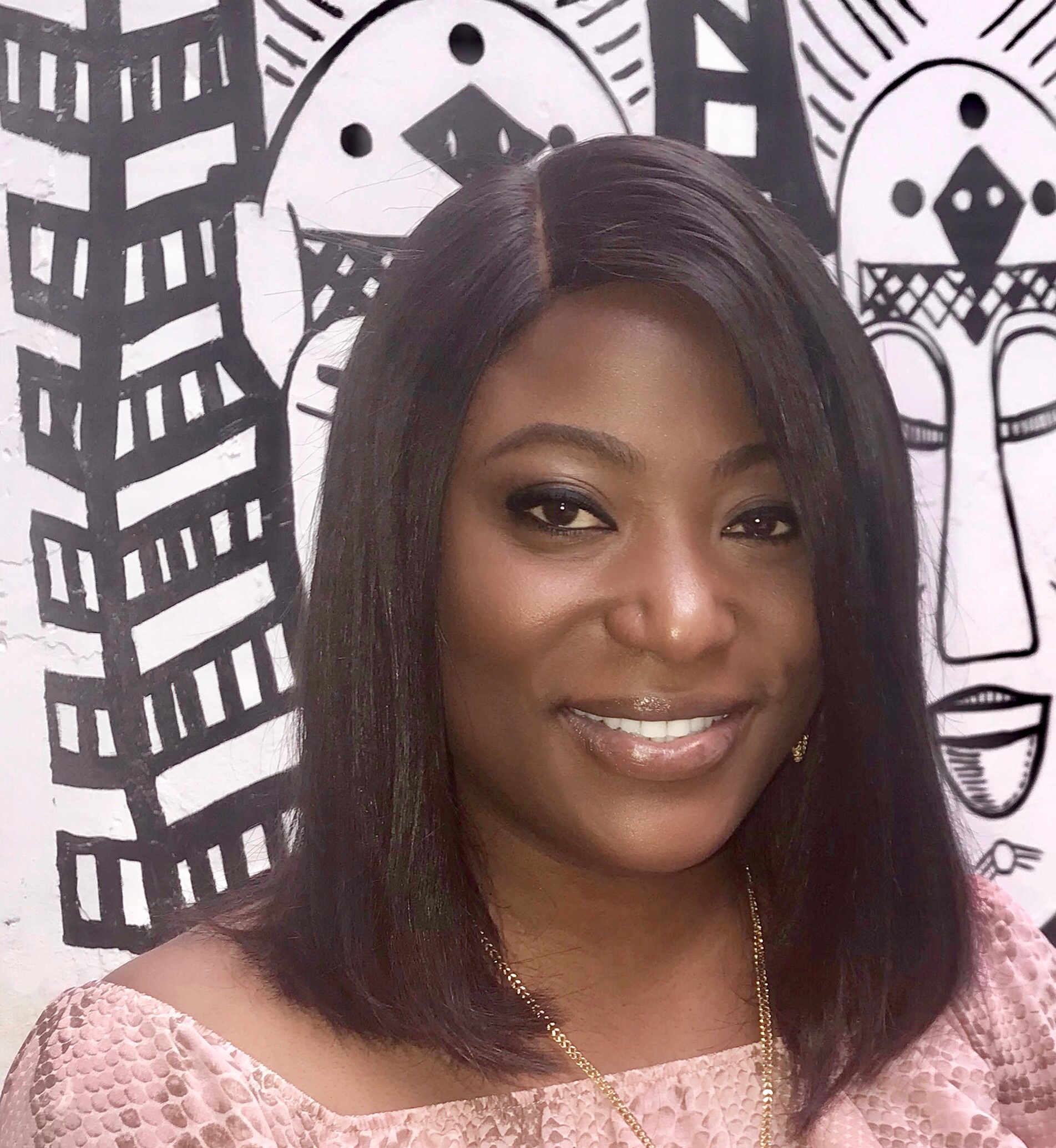Oluwakemi Amodu (29) is a PhD student at Faculty of Nursing at the University of Alberta (Canada) who expects to graduate in 2021.
Oluwakemi is from Nigeria and has worked as a nurse in a mother and child health care clinic in rural Nigeria, where she encountered the critical maternal health conditions of refugee women displaced by the terrorist group, Boko Haram. This dramatic experience led her to conduct deeper research on this issue and focus her thesis on ‘Advocacy for reproductive rights and health of refugee women displaced by Boko Haram crisis in northern Nigeria’. She also has research experience in reproductive rights and women’s maternal health in Africa for international organizations.
In terms of her career plans, Oluwakemi is aiming to work as a professor at the University of Ibadan in the field of female reproductive rights and advocate for improved access to reproductive healthcare and human rights protection for women displaced by Boko Haram and women in the northern region of Nigeria.
Olukwakemi won first place at the University of Alberta’s 3-Minute Thesis Competition (2016), where she presented the findings of her master’s thesis on “Obstetric Fistula Policy in Nigeria” to a non-specialist audience.











